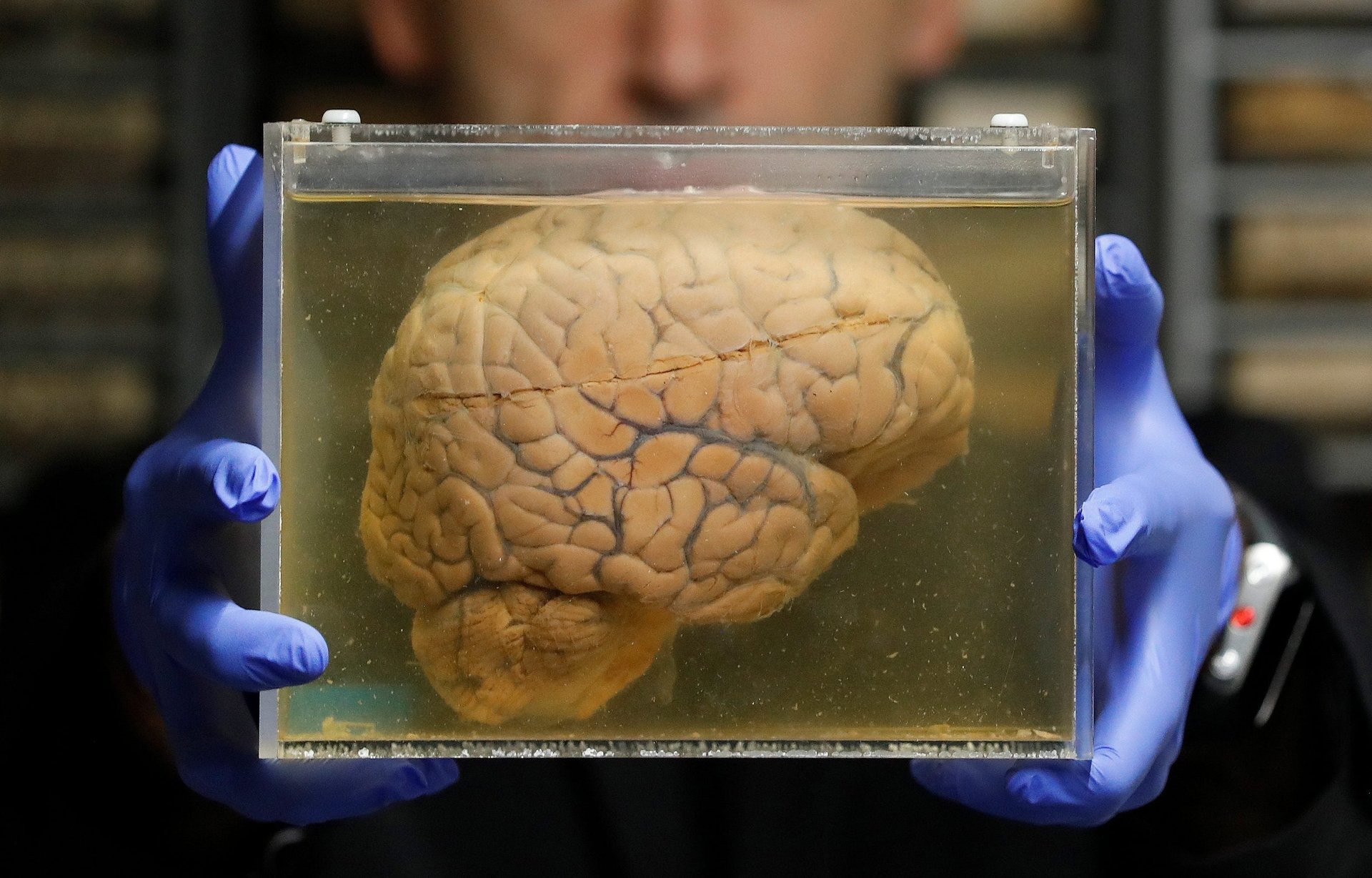If our thoughts live forever, do we too?
As a transhumanist, I plan to live forever.


As a transhumanist, I plan to live forever.
Since there’s no guarantee we will successfully cheat death by conquering aging and disease through biological experiments, we need to turn to science and technology to produce an everlasting version of the human being. Like many transhumanists, I believe we must rely on non-flesh means—think robots, AI, and other technological methods—to create a digital copy of a human that can survive forever.
With universities and tech companies building technology that could one day connect your mind directly to the internet, the debate is no longer theoretical. We need definitive answers to questions about the nature of our future digital selves, and we need them now.
Twenty-first century science has yielded many ways to replicate ourselves: We can clone ourselves (though it’s illegal just about everywhere); we can implant pre-existing memories into people’s brains; we should soon be able to upload the data of our consciousness to a mainframe; and engineers in Silicon Valley are already working on brain implants that allow machines to understand human thought in real time.
But is a copy of you the real you? There’s a constant debate out there about whether a perfect copy of oneself—meaning an entity that contains the exact same information or data as the original—is actually oneself, or if it is just, well, a copy.
Many believe a copy is simply a secondary, inferior entity designed by a creator. Others think a copy is useful only in terms of the creator’s ability to use the copy, such as growing a body and harvesting its organs for medical reasons.
Then there are people like me, who believe a copy is just as much me, as I am it.
Mind vs. matter
So far, no one has successfully made a perfect copy of a human. The closest we can come is to create a clone. But since this only replicates the biology of a person, and not their thoughts and memories, a clone’s traits, experiences, and memories would be different from its original, since its learned experiences and circumstances would be different.
But in 20 years, if we’ve perfected the technology that lets us upload our brain to a machine, that entity in the cloud might truly believe it is every bit the same as one’s original self.
A perfect copy of oneself should have the same thoughts, feelings, perceptions, morals, values, and, importantly, sense of self, but that doesn’t mean it has to look the same. A perfect digital copy might be a computer program designed to believe that, like its original human model, it is married with three children. A copy of a person might even exist in the form of organized subatomic particles roaming the universe via a yet-to-be-designed technology, and still believe it’s human.
Yet, our memories seem the same. Our job is the same. Where we live is the same. In fact, for all practical purposes, everything is the same in the eye of the beholder. And the same goes for a digital copy of oneself. If we aren’t able to intellectually explain our own consciousness, then how can we deny the consciousness of our digital copy? We have what we think and hope is free will, but it’s limited to the capacity of the three pounds of meat we carry on our shoulders, which is infinitesimally small in a universe spanning many trillions of light years.
French philosopher Rene Descartes famously said, “I think, therefore I am.” But the field of AI has inspired futurists like myself to argue that the real mantra should be, “I believe I think, therefore I am.”
We say this because without understanding and believing that we are thinking, rational entities of ourselves, there really is no “I” that can be explained in any logical or communicable manner. Any living creature—whether human or digital—faces that same dilemma.
This is enough for me to believe that a copy of me is me—and it’s enough to convince me that humans can indeed live forever. Personally, I’m not sure what type of copy I will end up pursuing, but something is better than nothing at all. Ultimately, I’d like to reach what I call the omnipotism: a post-singularity epoch where our identity, value, and intelligence control the very quarks and quantum mechanics that make up the universe. We’ll barely resemble our human selves at all, but our conscious energy and thoughts will span the cosmos.
Over the next few decades, I’m pursuing a far simpler cyborg version of myself, which will be complete with bionic organs and limbs. When the tech arrives, I’ll upload myself into the cloud and strive to evolve further.
But why choose only one version of myself, when you could be so many types? Maybe I’ll make many copies of myself in the future. If you find a magic lamp that grants you any three wishes, game theory suggests your first wish should be for an unlimited amount of wishes. Transhumanists’ central aim is survival, and many of us believe the more copies of oneself, the better.